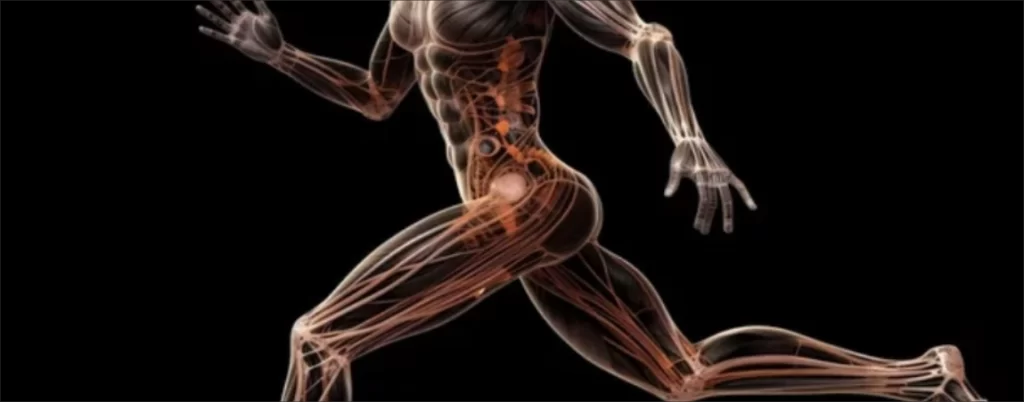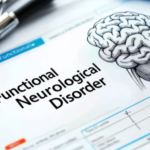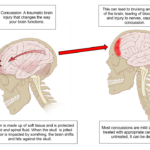
Technology and Advance Therapeutics
"Empowering Recovery, Enabling Independence: Rehabilitation Technology for a Better Tomorrow."
MUSCLE HEALTH IS IMPORTANT.
Did you know that your body comprises more than 600 muscles? These muscles support your ability to move, lift objects, circulate blood throughout your body, and even breathe.
You likely focus on the muscles you have the most when considering your body’s muscles. You can regulate the actions of these muscles since they are your voluntary muscles. Because they link to your bones and cooperate with your bones to help you walk, run, play an instrument, or prepare food, these muscles are also known as skeletal muscles. Even your throat and mouth muscles aid in speech!
You’ll be able to walk, run, jump, lift things, play sports, and do all the other things you enjoy if you keep your muscles healthy. Your muscles will remain healthy for the rest of your life if you exercise, get adequate sleep, and consume a good diet.
WHY HAVING A STRONG BODY IS ESSENTIAL TO YOU
You may move easily and maintain your body robust with healthy muscles.
You may move easily and maintain your body robust with healthy muscles. They support your enjoyment of sports, dancing, dog walks, swimming, and other enjoyable activities. Additionally, they assist you with those other (less enjoyable) tasks you have to complete, such as making the bed, cleaning the carpet, or mowing the yard.
Your joints are better able to function when you have strong muscles. You may be more prone to knee injuries if, for example, the muscles surrounding that knee become weak. You are less prone to stumble or slip if you have strong muscles that aid with balance.
And bear in mind that the same exercises that strengthen your skeletal muscles will also help to maintain the strength of your cardiac muscle!
DIFFERENT MUSCLE TYPES PERFORM VARIOUS TASKS.
Tendons, which are strong cords of tissue, connect your skeletal muscles to your bones. The bone is moved as a result of the tendon being pulled by the muscle as it contracts. Ligaments which function similarly to tendons in holding your skeleton together, join one bone to another.
Since you have no control over them, smooth muscles are also referred to as involuntary muscles. Your digestive tract uses smooth muscles to push waste out of your body and carry food forward. Additionally, they assist in maintaining eye focus without your conscious effort.
Cardiac muscle. Did you realize that the heart is a muscle as well? It is a particular kind of uncontrollable muscle. It circulates blood throughout your body, adjusting its rate to meet the demands you place on it. When you’re sitting or lying down, the heart beats more slowly. When you’re exercising or jogging, the heart beats more quickly because your skeletal muscles require more blood to function.
WHAT COULD GO BAD?
Almost everyone has experienced painful muscles after working out or working excessively. A little pain after a good workout might be expected. Muscles can, however, become strained in different situations. Depending on how much the muscle has been stretched, a strain can range from minor to severe (the muscle actually tears). Perhaps you lifted something that was excessively heavy, which overstretched your arm muscles. The muscles in your back can also become strained when you lift heavy objects incorrectly. This can be excruciatingly uncomfortable and perhaps result in an injury that lasts for a very long time and makes it difficult to do daily tasks.
Sports involving contacts, such as wrestling, football, soccer, and hockey, frequently result in sprains. Your hand or forearm may become strained if you play a sport that requires you to grip something, such as tennis or gymnastics.
If they are tugged or stretched too far, the tendons that attach the muscles to the bones can also become strained. A sprain is an injury that results from excessive stretching or pulling of the ligaments, which connect one bone to another. Ankle sprains are painful, as most people are aware.
CONSULT OUR EXPERT
We offer services such as assessment, individualized treatment plans, manual therapy, therapeutic exercise programs, electrotherapy, patients education, counselling, and assistive devices to treat wide variety of conditions such as musculoskeletal injuries, neurological conditions, women’s health issues, cardiovascular conditions, respiratory conditions, and sports injuries.

CALL US:
+91-9818911195







